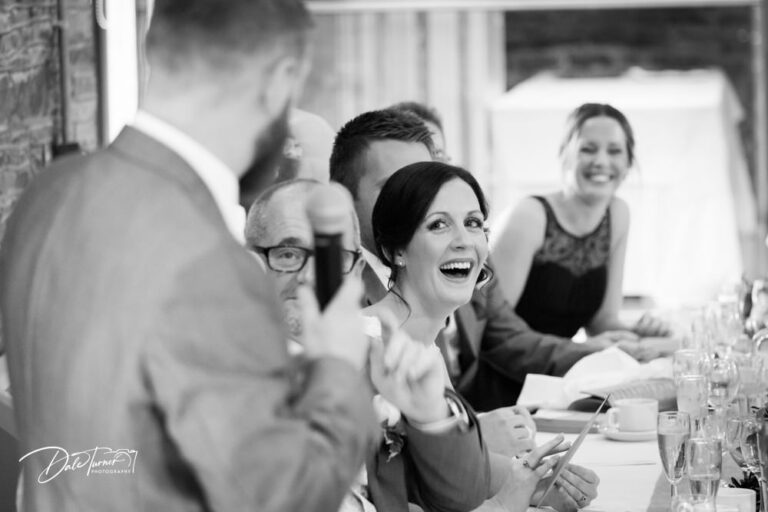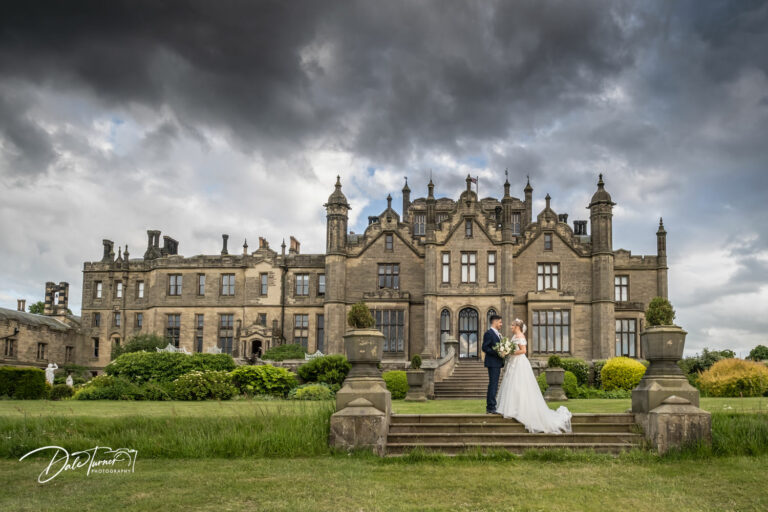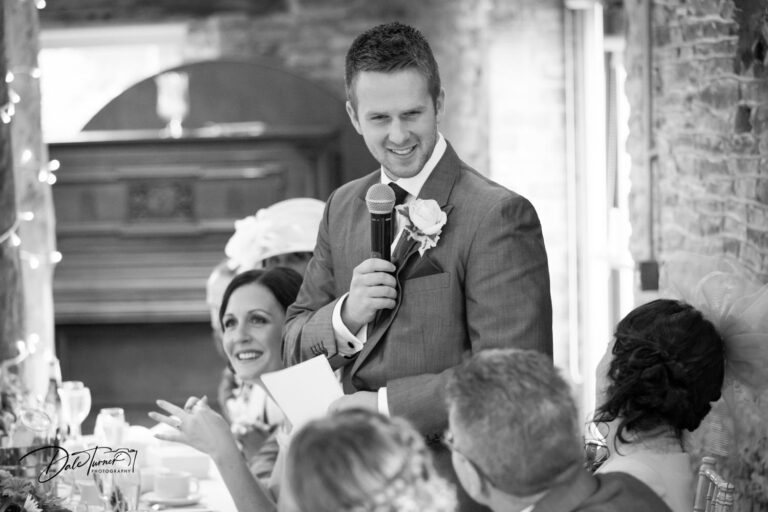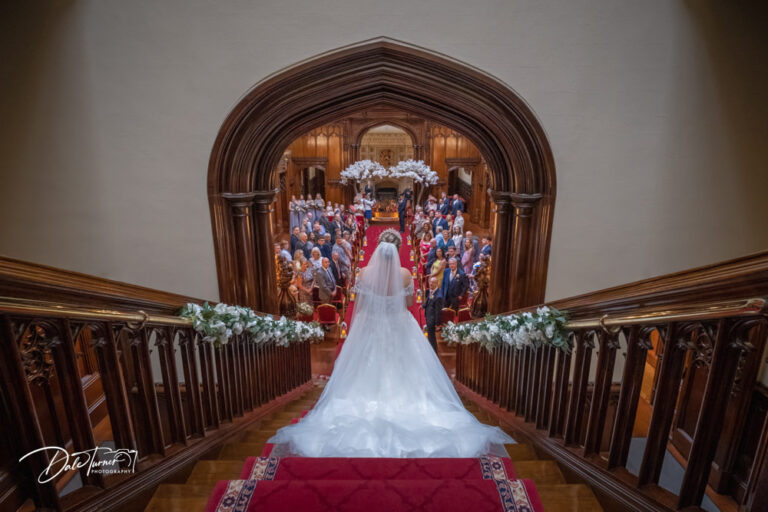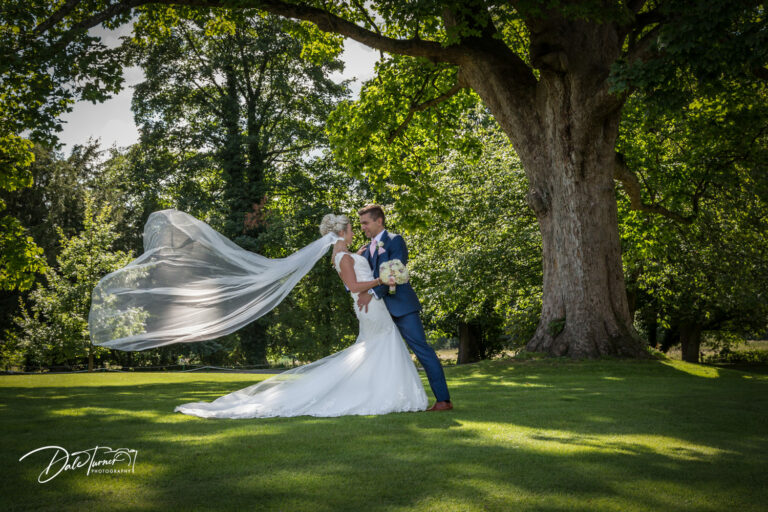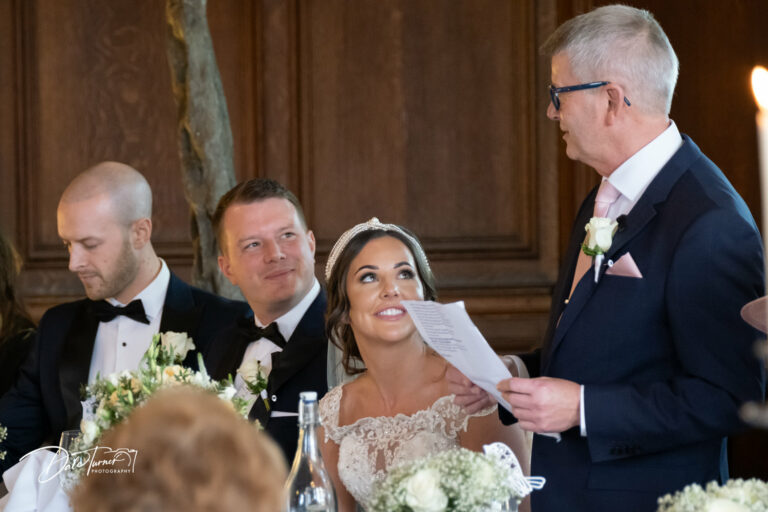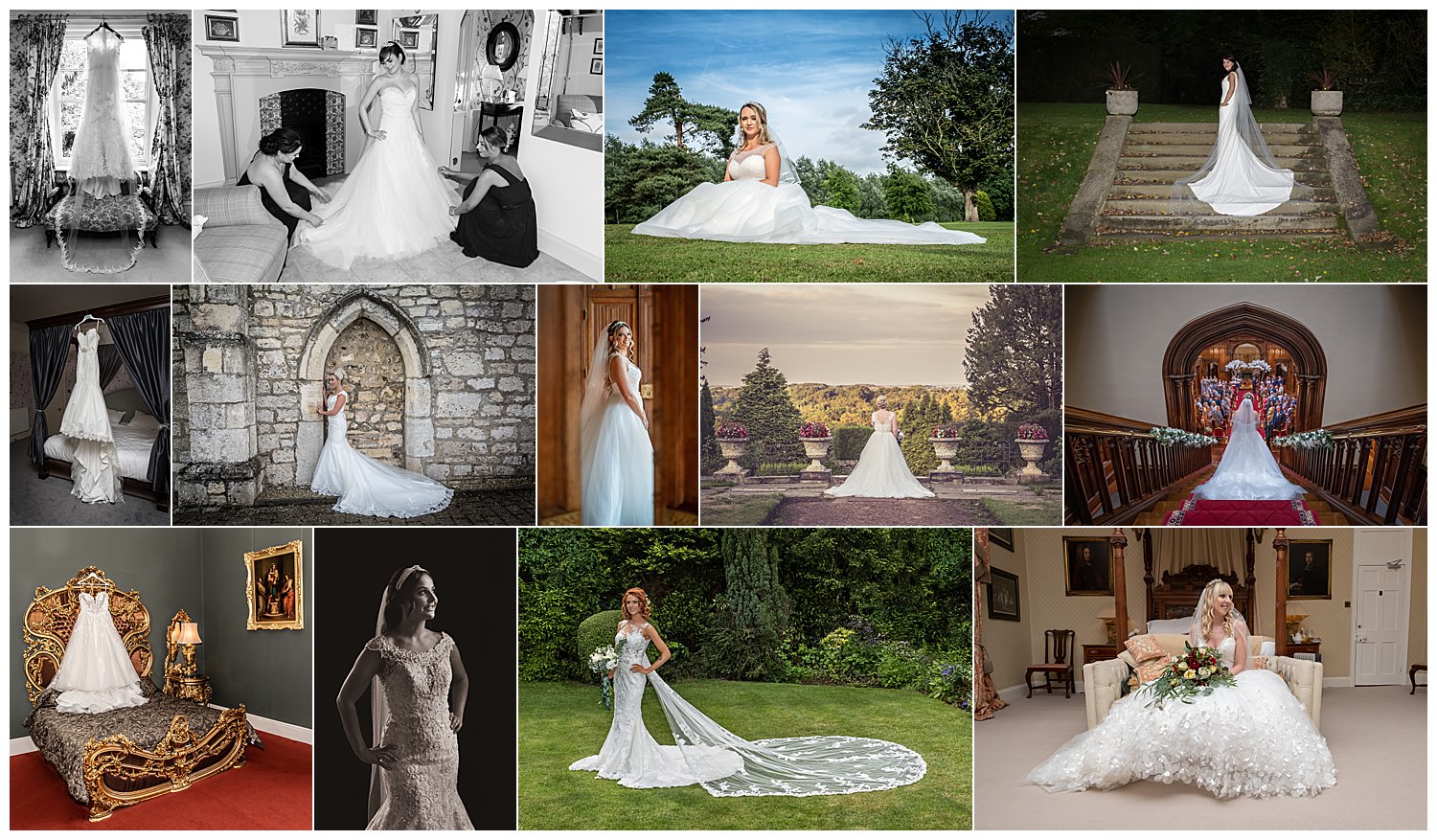
Introduction
Your wedding day is one of the most important days of your life, and choosing the perfect wedding dress is crucial. With so many options available, it can be overwhelming to decide which dress is right for you. Here are 20 tips to help you choose the perfect wedding dress.
Also, be sure to check out my tips on Should I Wear a Veil on my Wedding Day and Choosing The Perfect Wedding Shoes.
1. Start early, begin shopping for your wedding dress at least nine months before your wedding date
Starting your wedding dress search at least nine months prior to your wedding date is highly recommended for several reasons. Firstly, it gives you enough time to explore different styles, designers, and options. You don’t want to rush such an important decision or settle for a dress you don’t truly love. Additionally, it allows sufficient time for fittings and alterations to ensure that your dress is perfect for your big day. Keep in mind that most wedding dresses are made to order, so you’ll need to factor in production and delivery times. By starting early, you can avoid the stress and disappointment of not finding the right dress in time for your wedding day.
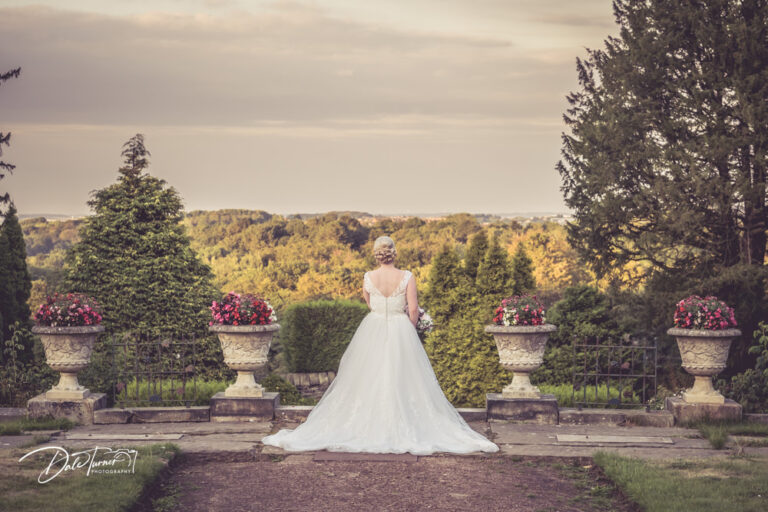
2. Set a budget for your dress and stick to it
Setting a budget for your wedding dress is crucial because it will help you narrow down your options and make a decision within your financial means. It’s easy to get carried away with the excitement of wedding dress shopping. Still, it’s important to stay realistic and practical. Remember that the dress cost is just one component of your overall wedding budget, including venue, catering, and other expenses. So stick to your budget to avoid unnecessary stress and financial strain. There are plenty of beautiful wedding dresses available at a range of price points, so don’t feel like you have to break the bank to find the perfect dress. With a bit of research and planning, you can find a dress that fits your budget and makes you feel amazing on your big day.
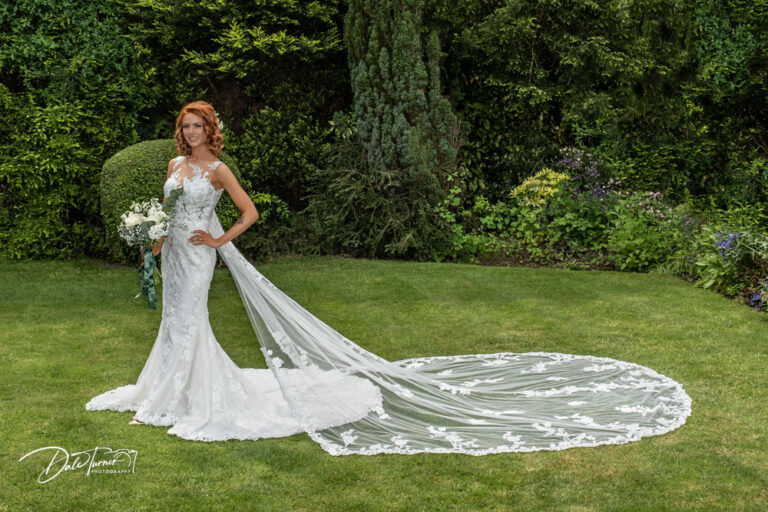
3. Consider the theme and style of your wedding
When choosing a wedding dress, it’s essential to consider the theme and style of your wedding. Are you having a beach wedding or a black-tie event? A vintage-inspired celebration or a modern, minimalist affair? Your dress should reflect the overall aesthetic of your wedding. For example, suppose you’re having a casual outdoor wedding. In that case, you may opt for a flowy, bohemian dress, while a formal ballroom wedding calls for a more structured, elegant gown. It’s also important to consider the season and location of your wedding. A heavy, long-sleeved dress may not be comfortable for a summer wedding, while a short, lightweight dress may not be appropriate for a winter wedding. By considering the theme and style of your wedding, you can choose a dress that looks beautiful and feels suitable and comfortable for your big day.
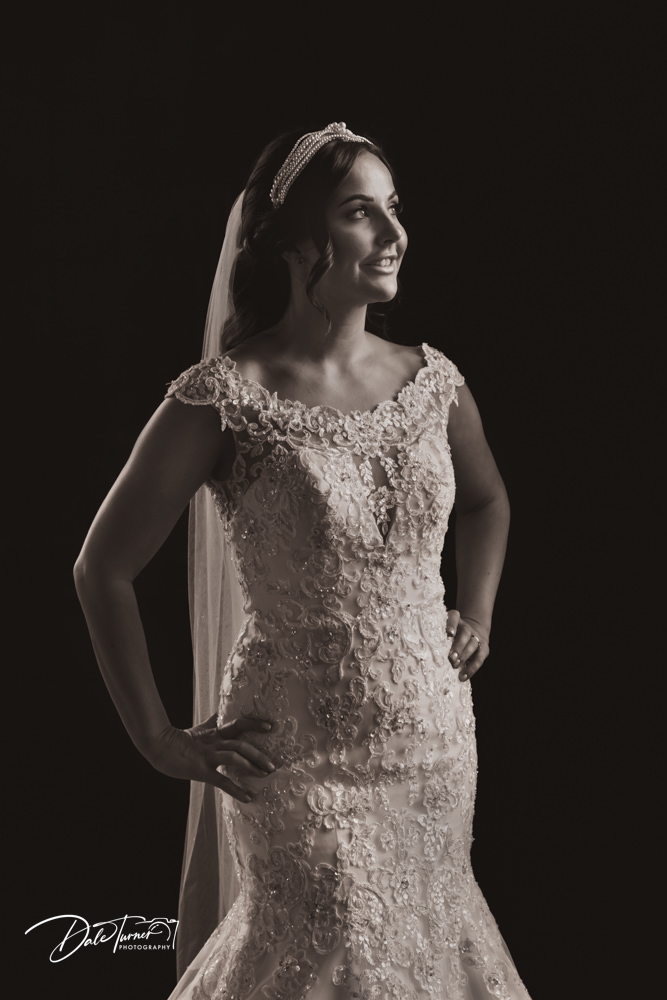
4. Think about your body type and what styles flatter you
It’s important to choose a wedding dress that flatters your body type and makes you feel confident and beautiful. Think about your body shape and what styles look best on you. For example, if you have an hourglass figure, a mermaid dress may be a great choice to show off your curves. Whereas an A-line dress can help elongate your silhouette if you’re petite. It’s also important to consider your style and what dresses make you feel the most comfortable and confident. Don’t be afraid to try different styles to see what works best for you. A good bridal consultant can help guide you towards dresses that flatter your body type and match your style. Ultimately, the goal is to find a dress that makes you feel like the best version of yourself on your wedding day.
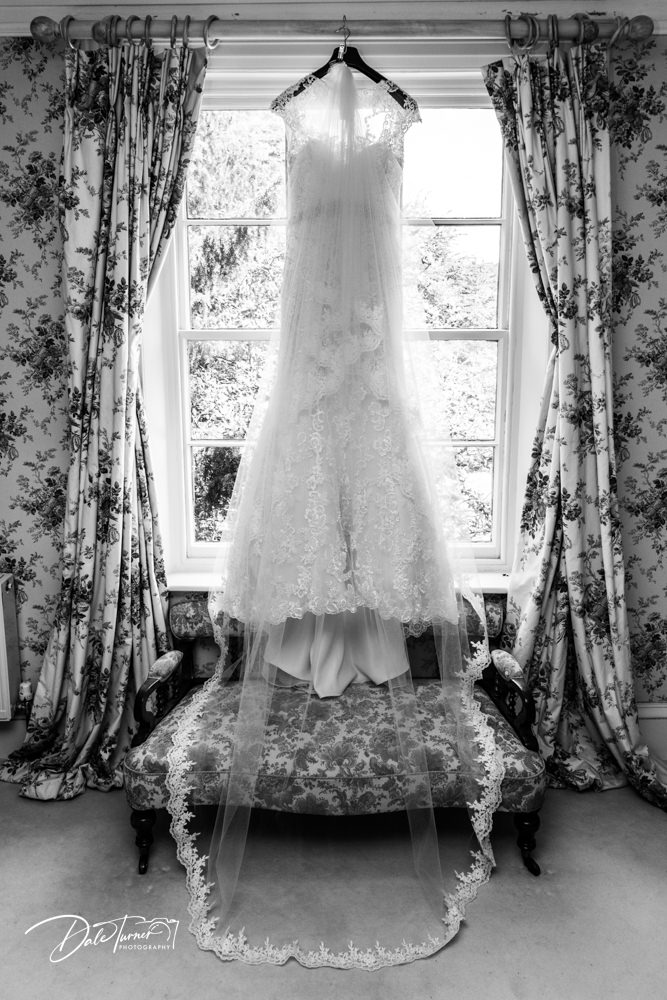
5. Bring a trusted friend or family member to help you decide
Bringing a trusted friend or family member to your wedding dress appointment can be incredibly helpful. They can offer a fresh perspective, provide feedback, and help you make a decision. However, it’s important to choose someone who knows your personal style and who you trust to give honest and constructive feedback. Too many opinions can be overwhelming, so consider limiting your entourage to just one or two people. Remember, this is your wedding dress and your decision, so the final say should ultimately be yours. With the support of a trusted friend or family member, you can feel confident in making the best choice for your big day.
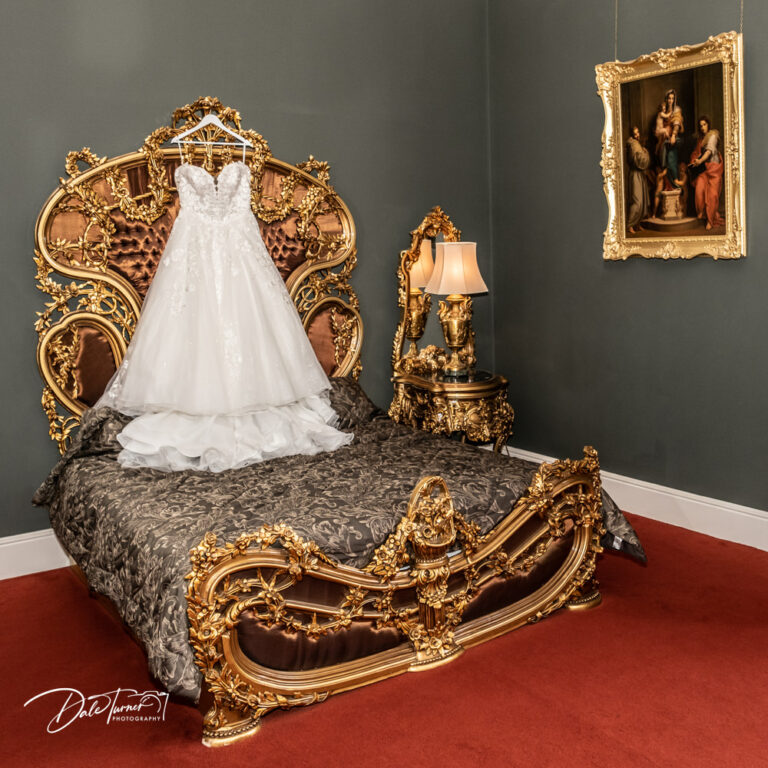
6. Take your time and try on a variety of styles
When shopping for your wedding dress, be sure to take your time and try on a variety of styles. Don’t feel like you have to settle for the first dress you try on or rush through the process. Instead, take your time to explore different styles and silhouettes to see what works best for you. Even if you think you know what you want, be open to trying on different styles. You may be surprised by what looks best on you. Additionally, take advantage of the expertise of the bridal consultants. They can offer suggestions and recommendations based on your body type, personal style, and wedding theme. With patience and an open mind, you’ll find the perfect dress for your big day.
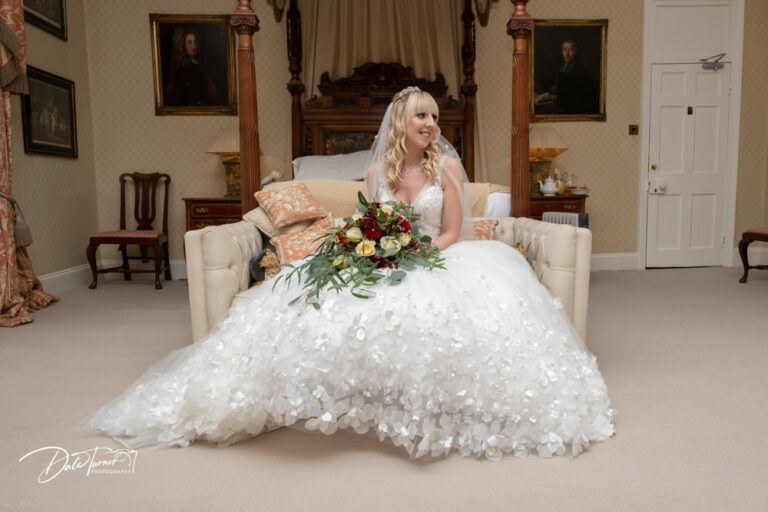
7. Choose a dress that makes you feel confident and beautiful
Ultimately, the most crucial factor when choosing a wedding dress is to select one that makes you feel confident and beautiful. Your wedding day is a once-in-a-lifetime event; you want to feel amazing in your dress. So don’t worry too much about trends or what others might think. Instead, focus on finding a dress that matches your style and makes you feel like the best version of yourself. When you feel confident in your wedding gown, it will show in your demeanour and how you carry yourself on your big day. With the right dress, you’ll look and feel stunning and create memories that will last a lifetime.
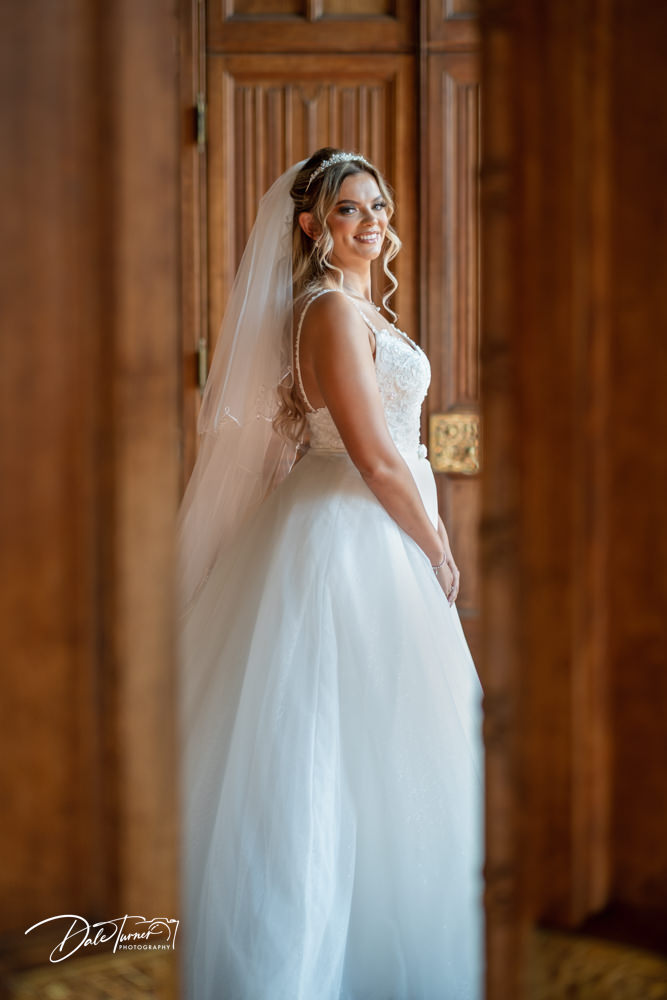
8. Remember to consider comfort and ease of movement
While choosing a beautiful dress is essential, it’s equally important to consider your comfort and ease of movement. Remember that you’ll be wearing your dress for several hours, so it’s crucial to choose a comfortable dress that doesn’t restrict your movement. Consider the dress’s fabric, length, and weight, and ensure it fits properly. If you plan on dancing or moving around a lot, look for a dress that allows you to move freely. And remember, you’ll need to be able to sit in comfort while you enjoy your wedding breakfast. Consider adding a bustle or a removable train to your dress to make moving around during the reception easier. With comfort in mind, you’ll be able to enjoy your wedding day to the fullest.
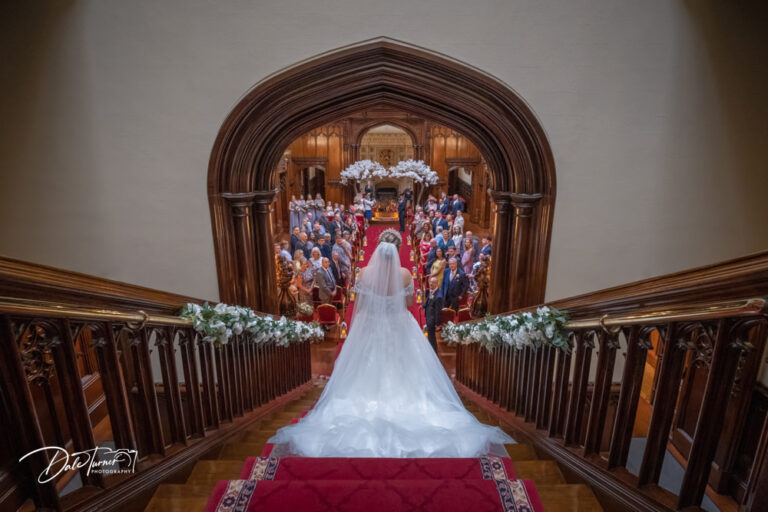
9. Keep in mind the time of year and the location of your wedding
When choosing a wedding dress, it’s important to keep in mind the time of year and the location of your wedding. If you’re getting married in the summer or in a warmer climate, you’ll want to choose a lightweight and breathable dress. If your wedding is taking place in the winter or in a cooler climate, consider a dress with long sleeves or heavier fabrics. Additionally, consider the location of your wedding. If you’re getting married on the beach, you’ll want to choose a dress that’s easy to move in and won’t get caught in the sand. If you’re getting married in a church, consider choosing a more modest dress. By keeping the time of year and location of your wedding in mind, you can select a practical and beautiful wedding gown.
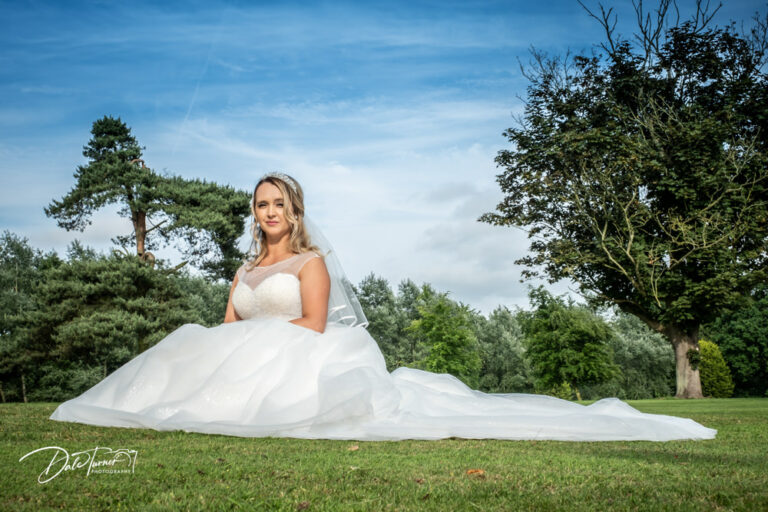
10. Look for inspiration in bridal magazines and on Pinterest
Looking for inspiration in bridal magazines and on Pinterest can be a great way to get ideas for your wedding dress. Bridal magazines offer a variety of styles and can help you narrow down your choices. Pinterest is also an excellent resource for wedding dress inspiration, allowing you to browse through thousands of photos to find the perfect style. Consider creating a wedding dress inspiration board on Pinterest to keep your favourite ideas in one place. You can then share this board with your bridal consultant to help them understand your vision for your dress. These resources give you a better idea of what you like and don’t like, making the wedding dress shopping process smoother and more enjoyable.
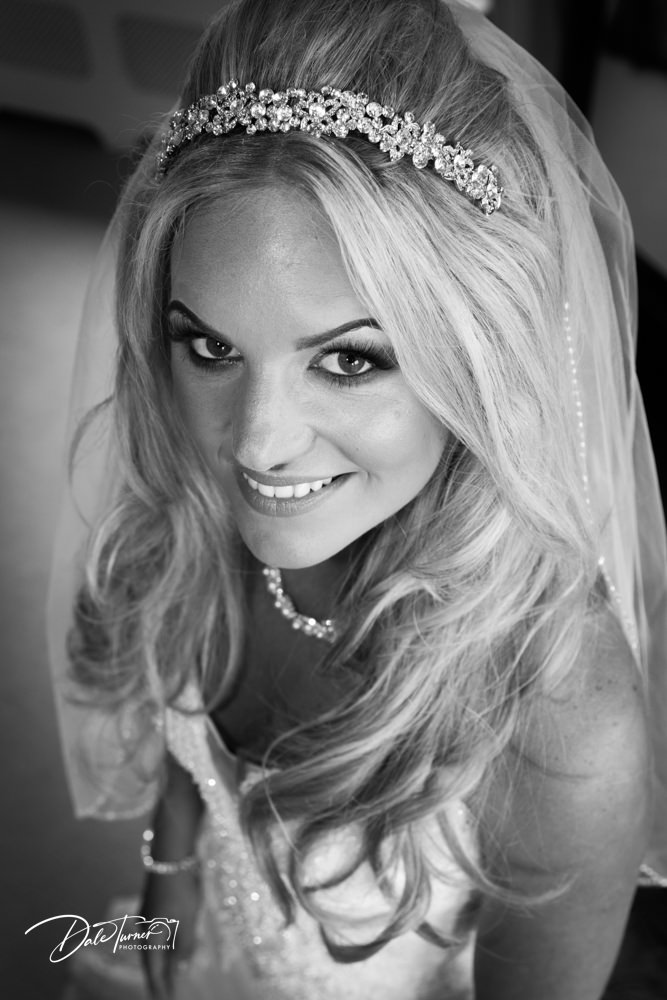
11. Research different designers and bridal shops
Before choosing a wedding dress, it’s a good idea to research different designers and bridal shops. Look at their portfolios to see if their style matches yours. Check their prices to ensure they’re within your budget. Read reviews and ask for recommendations from friends who have gotten married recently. Once you have a list of designers and bridal shops you’re interested in, call ahead to make an appointment. By doing your research ahead of time, you’ll be better prepared and will have a more enjoyable experience when trying on dresses.
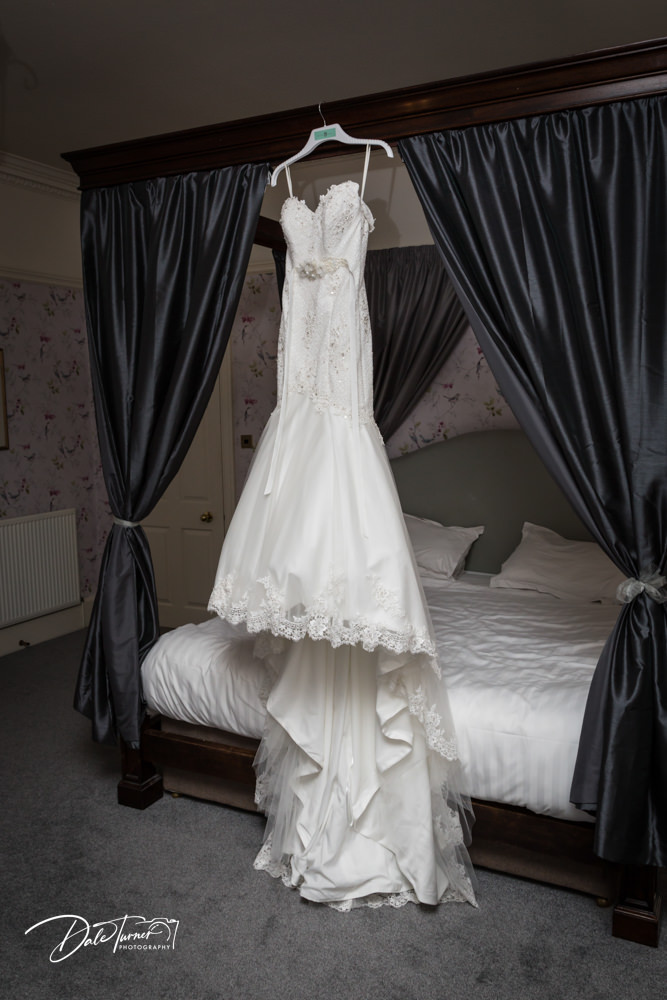
12. Schedule appointments with multiple bridal shops
Make sure to schedule appointments with multiple bridal shops when searching for your wedding dress. Different shops will have their own selections, and some boutiques are the exclusive stockists of particular designers in their area. Therefore, shopping around to find the perfect wedding gown is essential. When scheduling your appointments, consider your schedule and avoid booking too many appointments in one day. This will give you time to relax and reflect on each dress fitting without feeling rushed. Additionally, consider bringing a notebook or taking photos of the dresses you try on to help you remember which dresses you liked best. By scheduling appointments with multiple bridal shops, you’ll have a better chance of finding the perfect dress for your big day.
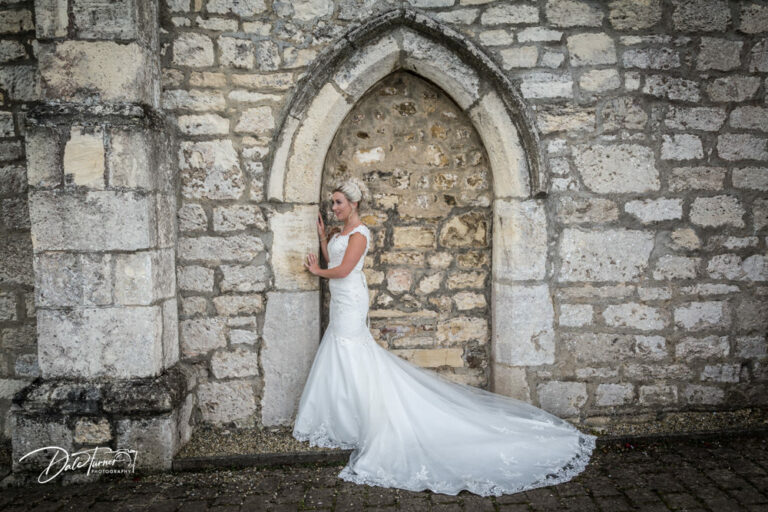
13. Make a list of questions to ask during your appointments
When scheduling appointments with bridal shops, it’s important to make a list of questions to ask during your appointments. This will help you gather the necessary information and make informed decisions. Some questions to consider may include their dresses’ price range, availability for fittings and alterations, their policies regarding refunds and exchanges, and the estimated delivery time for your dress. You may also want to ask about any sales or promotions they’re currently offering. By asking these questions, you’ll have a better understanding of each bridal shop and will be able to make an informed decision when choosing your wedding dress.
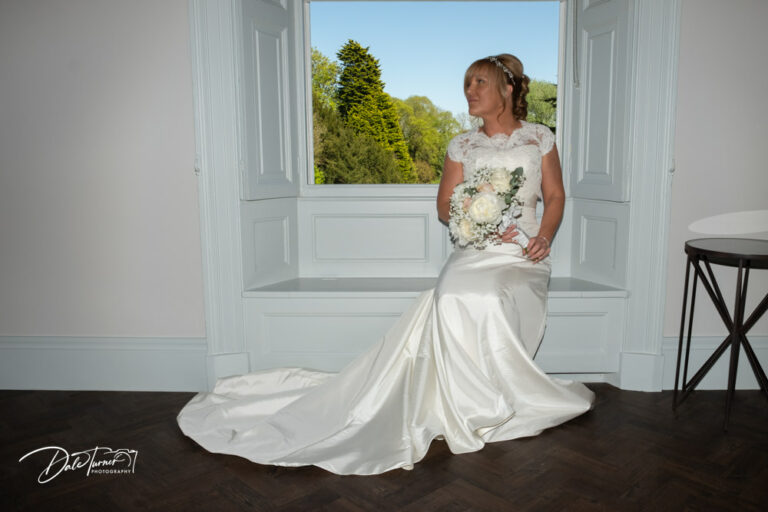
14. Choose a dress that compliments your skin tone
Choosing a wedding dress that compliments your skin tone is vital as it can enhance your natural beauty. If you have fair skin, consider dresses in ivory or champagne hues, whereas warmer skin tones will benefit from dresses in shades of gold or peach. Consider dresses in blush or rose shades if you have a medium skin tone. Darker skin tones look stunning in deep ivory, mocha, or cream. Finally, consider choosing a dress with a fabric that complements your skin tone, such as satin for cooler tones and lace for warmer tones. Choosing a dress that complements your skin tone will make you feel confident and radiant on your big day.
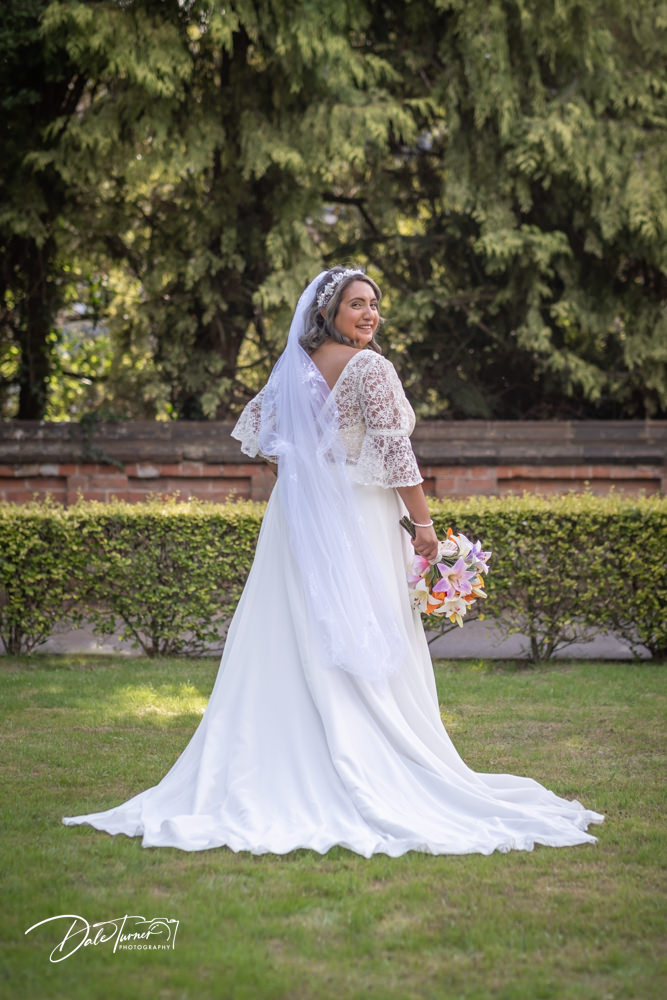
15. Choose a dress that fits well and doesn’t need excessive alterations
When choosing a wedding dress, selecting a dress that fits well and doesn’t require excessive alterations is important. This is because alterations can add to the cost and take additional time. When trying on dresses, make sure to sit, stand, and move around in the dress to ensure it’s comfortable and doesn’t restrict your movement. Don’t worry if your wedding gown requires minor alterations; this is fine and almost always required for a perfect fit. By choosing a dress that fits well, you’ll be able to enjoy your special day without worrying about discomfort or wardrobe malfunctions.
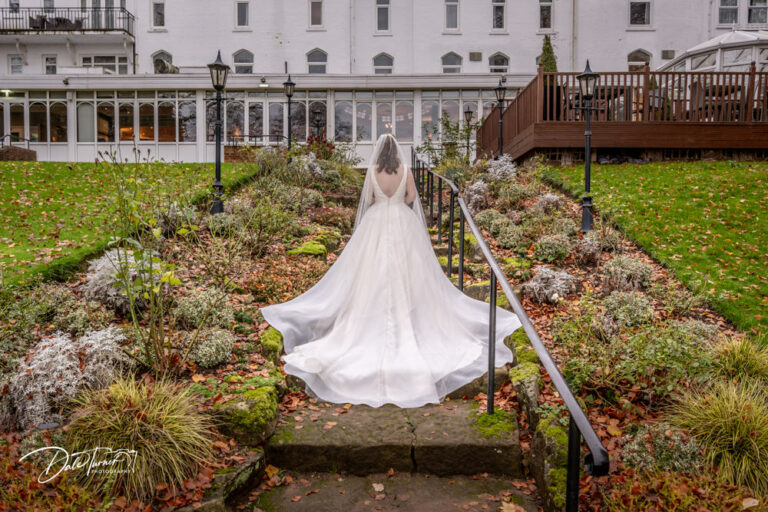
16. Consider the neckline of the dress
The neckline of your wedding dress is an essential factor to consider when choosing your dress. The neckline can affect the overall style and look of the dress. For example, a sweetheart neckline is romantic and feminine, while a v-neck is more modern and elegant. Consider the level of coverage you want and the style of the neckline when selecting your dress. Additionally, consider how the neckline will look with any jewellery you plan to wear, such as a necklace or earrings. By carefully considering the neckline of your dress, you’ll be able to select a dress that flatters your body and reflects your style.
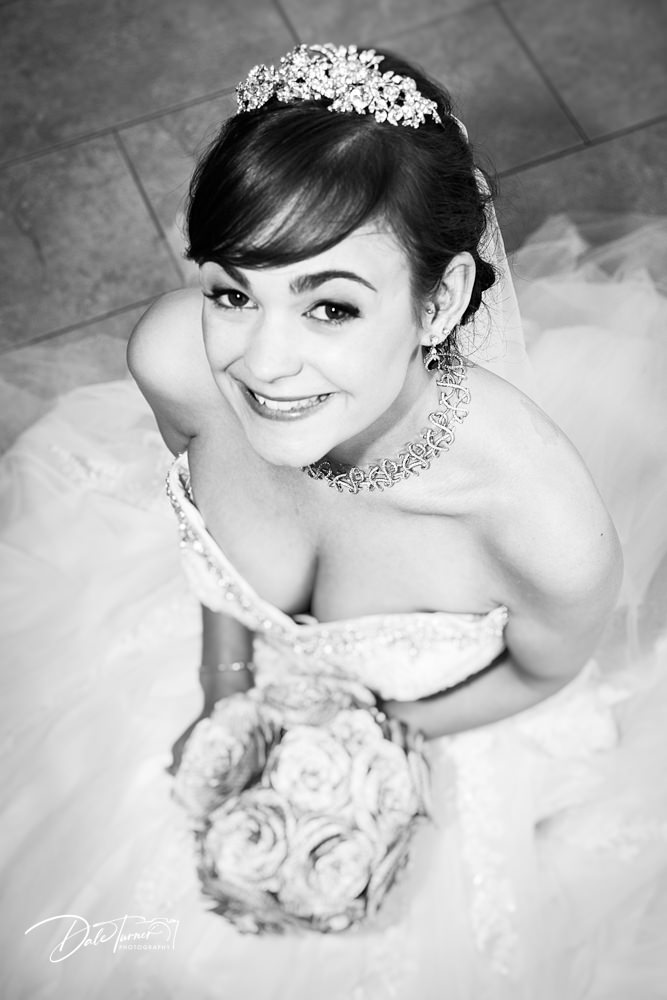
17. Think about the length of the dress
The length of your wedding dress is another important factor to consider. Think about the style of your wedding and the time of year when choosing the length of your dress. For a formal wedding, a floor-length gown is traditional and elegant, while a tea-length dress is perfect for a more casual wedding. If you’re getting married in the summer or at the beach, consider a shorter hemline or lightweight fabric dress. Additionally, consider the practicality of the length of your dress, as you’ll need to be able to move comfortably and walk down the aisle without tripping. By carefully considering the length of your dress, you’ll be able to select a dress that is practical, stylish, and perfect for your special day.
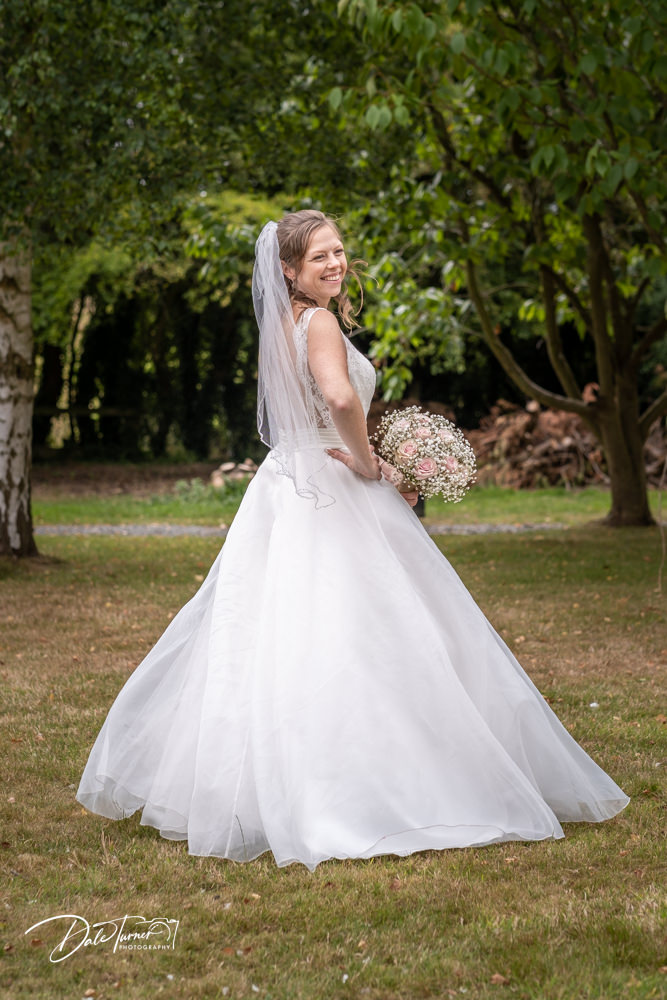
18. Choose a dress that works with your wedding veil and accessories
When choosing your wedding dress, it’s important to consider how it will work with your wedding veil and accessories. For example, if you’re planning on wearing a long, flowing veil, consider a dress with a simple silhouette and minimal embellishments. This will allow the veil to be the focal point and prevent the overall look from becoming too busy. Additionally, think about how your dress will work with any jewellery or hair accessories you plan to wear. For example, if you’re wearing a statement necklace, consider a dress with a simple neckline. By carefully considering how your dress will work with your veil and accessories, you’ll be able to create a cohesive and stunning bridal look.
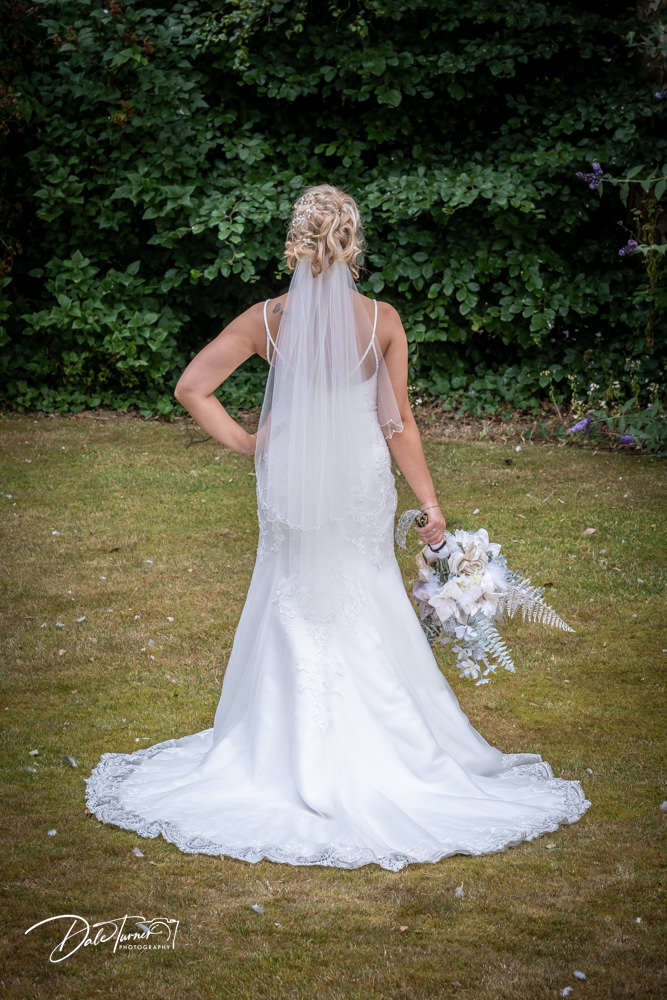
19. Consider the back of the dress
The back of your wedding dress is a crucial aspect to consider when choosing your dress. From open backs to illusion lace, there are a variety of styles to choose from. Think about what kind of statement you want to make and what level of coverage you’re comfortable with. For example, consider a dress with a low, open back if you’re looking for a romantic and elegant style. On the other hand, if you prefer a more modest look, consider a dress with a high neckline or illusion lace. Additionally, consider how the back of your wedding gown will look in photos, as this is a key feature that will be captured in your wedding album. By carefully considering the back of your dress, you can select a dress that flatters your body and reflects your style.
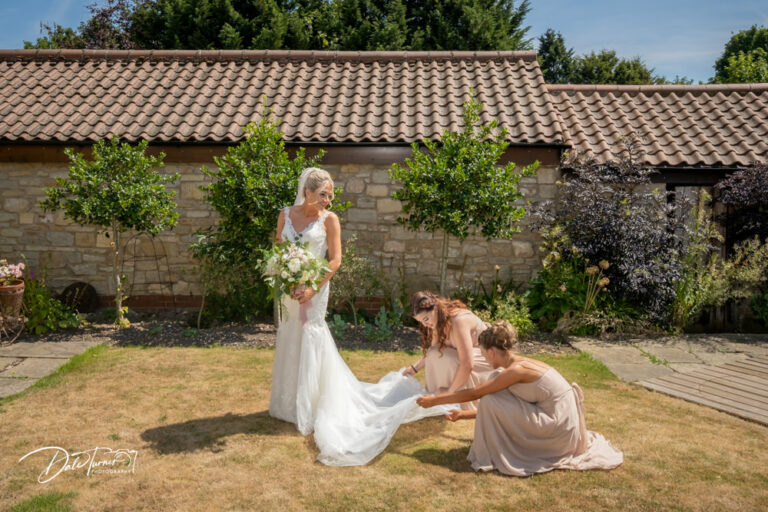
20. Think about the train of the dress
The train of your wedding dress is another important factor to consider when choosing your dress. Think about the style of your wedding and the level of formality when selecting the length and type of train. For a formal wedding, a long, flowing train is traditional and elegant, while a shorter train is more appropriate for a casual wedding. Additionally, consider the practicality of the train. A long train may be difficult to manage during the reception or on the dance floor, so consider a dress with a detachable train or a shorter length. By carefully considering the train of your gown, you’ll be able to select a dress that is practical, stylish, and perfect for your special day.
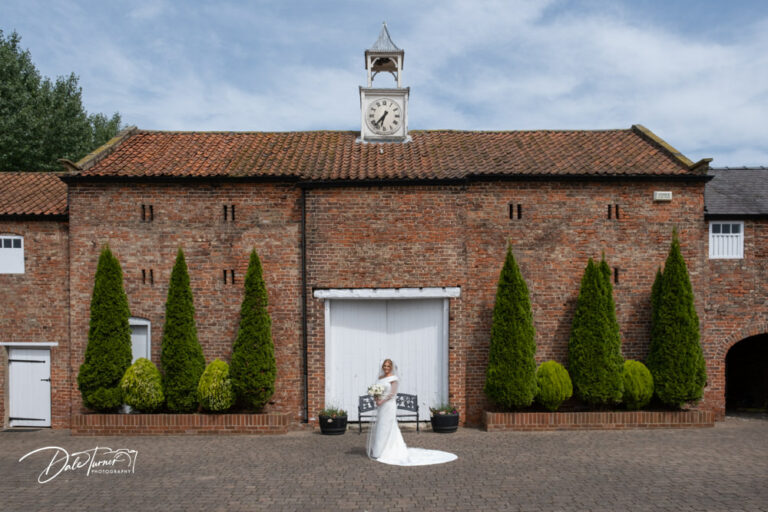
- About the Author
- Latest Posts
I am Dale Turner, a professional wedding photographer with over 15 years of experience capturing beautiful and timeless moments on camera. Serving Hull and East Yorkshire. I am passionate about what I do and take pride in delivering high-quality photography that will leave you with cherished memories for years to come.


